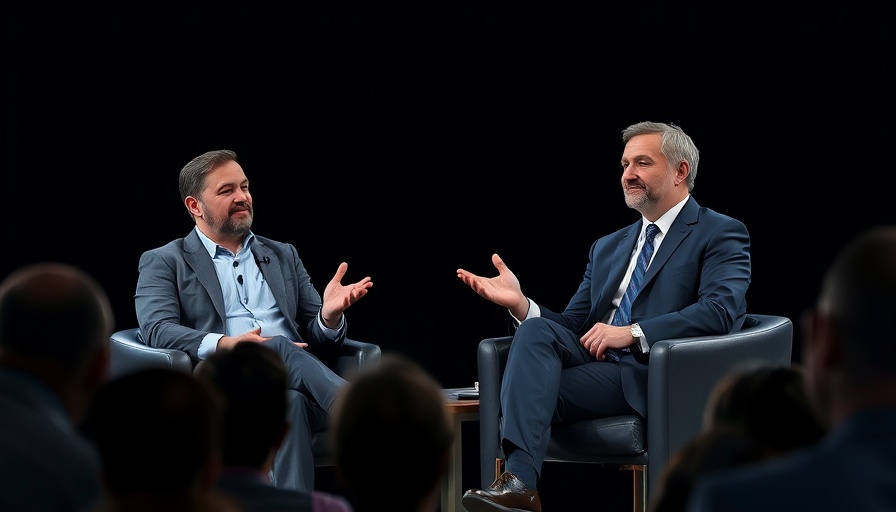
Why Real Products Matter in Innovation
A recent discussion surrounding innovation in the tech industry shines a light on a crucial practice that can drive companies to success: reviewing real products instead of mockups. Jon McNeil, a former Tesla president and now GM board member, emphasizes that this approach was fundamental during his time at Tesla, particularly in the development of the Model 3. McNeil recalls the weekly product meetings led by Elon Musk, where emphasis was placed on tangible products rather than theoretical concepts or mockups. This strategy is about ensuring that every product not only meets but exceeds expectations, creating 'surprise and delight' for customers.
A Legacy of Product-Driven Success
The insights McNeil garnered from his early interactions with influential figures like Steve Jobs further shape this philosophy. Jobs reportedly advised Musk that success in hardware, like in software, relies on having a "perfect product." This mantra became integral at Tesla, cultivating an environment where innovation thrived through a focus on real-world applications. It reflects a broader trend within tech companies where tangible products, feedback loops, and rapid iterations form the basis of successful innovation.
The Future of Technology: What Lies Ahead
As we gaze into the next wave of technological advancements, the lessons from Tesla remind us of the importance of real-world validation. Emerging tech trends emphasize the need for companies to develop products that resonate with their users' needs while continuously adapting to the fast-paced market dynamics driven by consumer demands. Whether it's through AI innovations, robotics advancements, or future healthcare technologies, the emphasis on authentic product experiences will shape the future landscape.
How This Approach Can Elevate Other Industries
Other sectors can greatly benefit from adopting a product-centric approach. For instance, healthcare technology companies focusing on AI-driven health solutions can prioritize real-world applicability over theoretical models. By managing this shift, firms in sectors like AI in healthcare or health-tech startups can bolster their market presence by fostering innovation that genuinely addresses patient needs.
Implementing These Insights in Your Own Work
For aspiring innovators and students in tech, this inquiry into product focus presents a key takeaway: advocate for real-world testing and validation in your projects. Whether developing software, engineering products, or launching a startup, challenge yourself to create prototypes that can be evaluated against real-world standards. This practice not only fosters innovation but also ensures relevance in an ever-evolving technological landscape.
 Add Row
Add Row  Add
Add 




Write A Comment